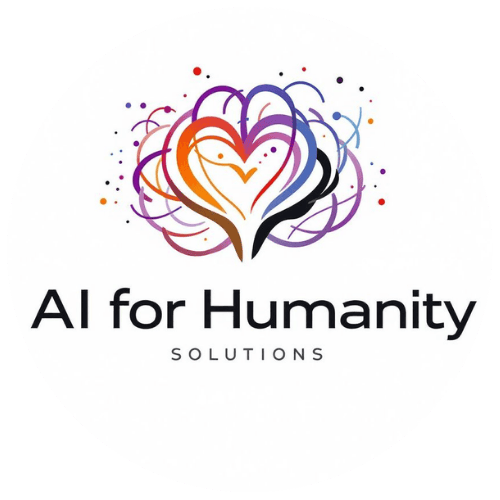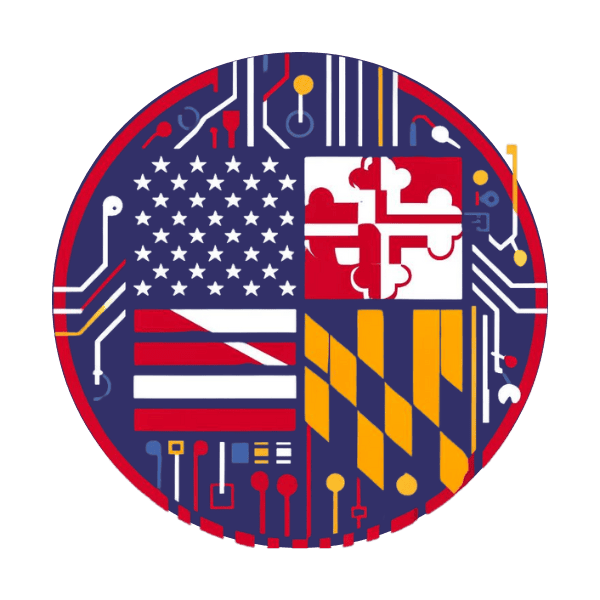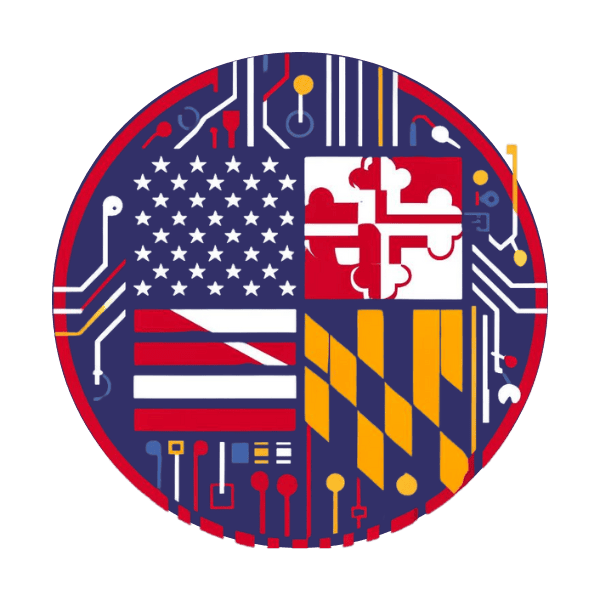

As artificial intelligence continues to reshape the technology landscape, staying ahead of the curve has never been more crucial. For tech professionals looking to advance their careers, understanding and mastering key AI skills has become not just an advantage, but a necessity. Let's explore the most in-demand AI skills for 2025 and how they can propel your career forward.
Machine Learning Engineering with a Focus on Large Language Models
The evolution of large language models (LLMs) has created a surging demand for professionals who can fine-tune and deploy these systems effectively. Beyond basic ML engineering, professionals need to understand:
- Prompt engineering and chain-of-thought techniques for optimal model performance
- Model compression and quantization for efficient deployment
- Fine-tuning strategies for domain-specific applications
- Responsible AI practices and bias mitigation
Career Impact: Organizations across industries are implementing LLM-powered solutions, creating opportunities for ML engineers who can bridge the gap between raw model capabilities and practical business applications.
AI Systems Architecture and Integration
As AI becomes more deeply embedded in enterprise systems, the ability to design and implement robust AI architectures is increasingly valuable. Key competencies include:
- Microservices architecture for AI systems
- API design for AI services
- Vector database implementation and optimization
- Real-time inference system design
- Multi-model system orchestration
Career Impact: Professionals with these skills can take on senior technical architect roles or lead AI infrastructure teams, positions that often command premium compensation packages.
MLOps and AI Pipeline Automation
The industrialization of AI has elevated MLOps from a nice-to-have to a critical discipline. Essential skills include:
- Continuous training and deployment pipelines
- Model monitoring and observability
- Data versioning and lineage tracking
- Resource optimization and cost management
- Automated testing for AI systems
Career Impact: MLOps expertise positions you for roles that bridge development and operations, often leading to senior DevOps or Platform Engineer positions with significant responsibility for AI infrastructure.
AI-Specific Programming and Framework Expertise
While Python remains fundamental, the AI toolkit has expanded. Priority areas include:
- JAX and PyTorch 2.0 for high-performance computing
- Rust for production AI systems
- Graph neural network frameworks
- Distributed computing frameworks for AI
- Hardware acceleration programming (CUDA, ROCm)
Career Impact: Deep expertise in these tools can lead to specialized roles in AI performance optimization or research engineering positions at leading tech companies.
Data Engineering for AI Systems
The foundation of successful AI implementations remains high-quality data infrastructure. Critical skills include:
- Streaming data pipeline design
- Feature store implementation
- Data quality monitoring and validation
- Efficient data preprocessing at scale
- Real-time data integration
Career Impact: These skills are particularly valuable for roles that bridge data engineering and AI, often leading to positions as Lead Data Engineer or AI Infrastructure Architect.
Ethical AI and Governance
As AI systems become more prevalent, understanding and implementing ethical AI practices has become non-negotiable. Key areas include:
- AI audit and compliance frameworks
- Privacy-preserving AI techniques
- Fairness metrics and monitoring
- Explainable AI implementation
- AI risk assessment and mitigation
Career Impact: This expertise is increasingly required for senior technical roles and can lead to specialized positions in AI governance or advisory roles.
Practical Steps for Skill Development
- Start with Fundamentals: Ensure you have a strong foundation in Python, statistics, and machine learning basics.
- Build Real Projects: Create practical implementations that demonstrate your skills, particularly in areas like LLM fine-tuning or MLOps automation.
- Contribute to Open Source: Engage with AI open source projects to gain hands-on experience and visibility in the community.
- Pursue Relevant Certifications: While not crucial, certifications from cloud providers or specialized AI platforms can validate your expertise.
- Network and Share Knowledge: Engage with AI communities, attend conferences, and share your learnings through blogs or talks.
Conclusion
The AI landscape of 2025 demands a combination of technical expertise, system design knowledge, and ethical awareness. By focusing on these key areas and continuously updating your skills, you'll be well-positioned for career growth in the evolving tech industry. Remember that the most successful AI professionals are those who can not only implement solutions but also understand their broader implications and communicate their value effectively.
Whether you're just starting your AI journey or looking to level up your existing skills, the areas outlined above provide a roadmap for professional development that will remain relevant as the field continues to evolve. The key is to start building these skills now, as the demand for AI expertise shows no signs of slowing down.

